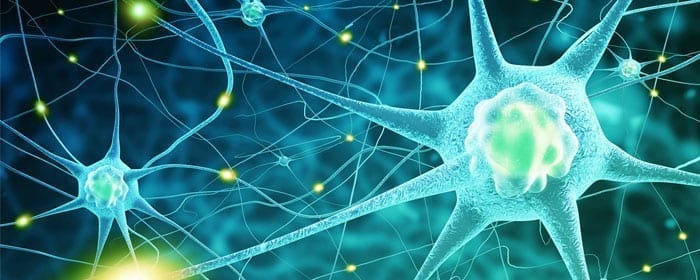Stem cells are being increasingly used to create therapies to address diseases across a number of organs. Neurodegenerative disease is one category for which there has been an abundance of research into the potential of stem cells to slow symptom progression or reverse symptoms altogether. For some neurodegenerative diseases, such as Parkinson’s disease, the approach for using stem cells is to create a therapy that enables the cells that are lost through the disease to be replaced by new cells. It is the hope of scientists and clinicians that this type cell replacement therapy will halt aspects of the disease that result from cell loss.
Recently, scientists published experimental results in PLoS One that demonstrate the potential of another type of stem cell approach. More specifically, these researchers showed that in the case of amyotrophic lateral sclerosis (ALS), using stem cells to help create a protective environment for existing cells may have a positive impact on disease progression. The specific type of stem cells used in this experiment was the mesenchymal stem cell.
While cell replacement therapies often employ mesenchymal stem cells because of their ability to differentiate into many different cell types, the researchers in this study used them because of their promise for enhancing the health of a cell environment. Indeed, these cells are known to have immunomodulatory properties and to fight inflammation.
The researchers specifically looked at how mesenchymal stem cells could affect motor neurons and glia because these are the cell types that are implicated in ALS. What they found was that these stem cells were able to reduce apoptosis, a process whereby cells self-destruct as a result of cues in the environment that alert the cells to unhealthy conditions. Critically, the extent to which this type of cell destruction was minimized depended on the amount of mesenchymal stem cell that was present. In other words, with more stem cells came more protection.
Another important observation was that mesenchymal stem cells were associated with the expression of important growth factors that are known to support healthy environments and to reduce markers of inflammation, which tend to be associated with unhealthy environments.
Together, these results suggest that ALS could potentially be addressed with stem cells without the development of aggressive cell replacement therapies. Instead, stem cells could be used to create protective environments for neurons that are normally affected by the disease.


 St. Petersburg, Florida
St. Petersburg, Florida
